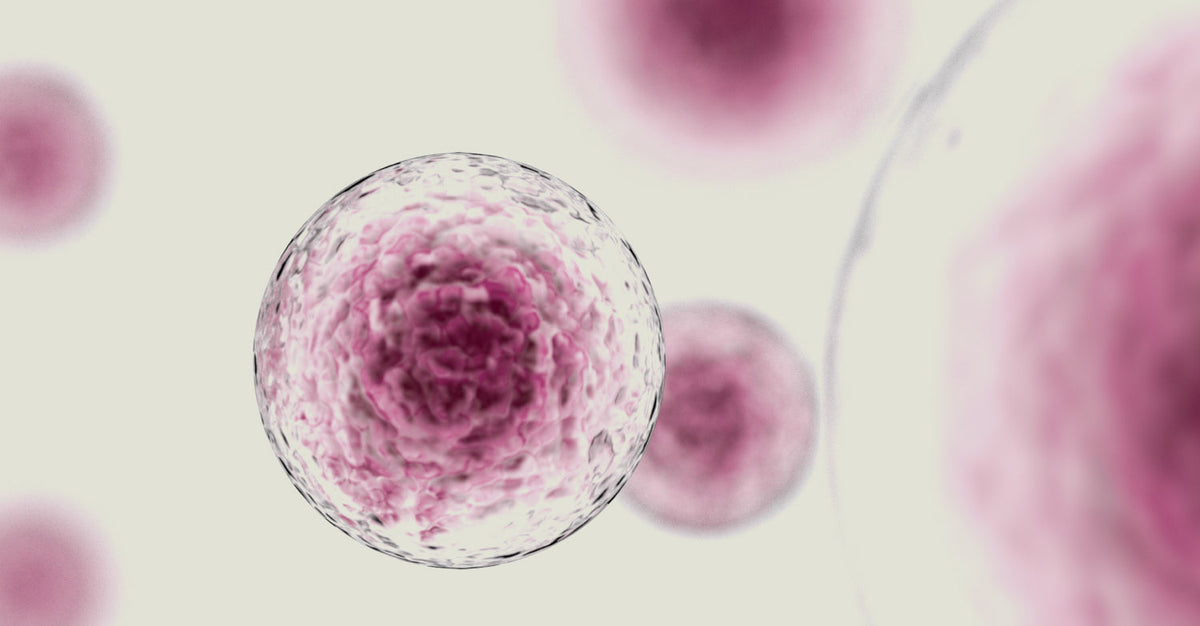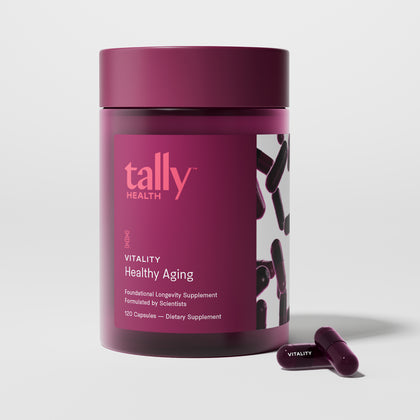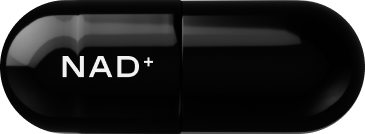

What is Autophagy?
Autophagy—literally meaning “self-eating”—is a survival mechanism used by mammalian cells to recycle old or damaged cellular components. This highly conserved biological process maintains cell viability, supports cell growth, and protects against abnormal proteins that can disrupt healthy function.
During autophagy, an isolation membrane forms around cytosolic components like misfolded proteins or worn-out mitochondria. These are transported to the lysosome, where they undergo selective degradation, producing amino acids and other building blocks that help the cell survive nutrient deprivation. This natural process is essential for healthier cells, mitochondrial function, and cellular response to stress.
Types of Autophagy and Their Mechanisms

Autophagy occurs in multiple forms, each serving distinct functions:
Macroautophagy – the most studied form, where cellular components are encapsulated in autophagosomes for lysosomal breakdown.
Microautophagy – direct engulfment of cytoplasmic material by the lysosome.
Chaperone-mediated autophagy – targets specific proteins using chaperones for selective degradation.
Selective autophagy – removes damaged organelles, like fragments of the outer mitochondrial membrane, and clears toxic proteins.
Mitophagy - the specific removal of old, damaged, or dysfunctional mitochondria.
Key molecules such as ATG proteins, autophagy regulators, and lysosomal machinery orchestrate these processes. Researchers have highlighted how autophagy-related genes are essential for maintaining cell viability and preventing the accumulation of abnormal proteins.

Autophagy in Aging and Neurodegeneration
As we age, basal autophagy declines, causing the accumulation of damaged proteins and dysfunctional organelles. This contributes to neurodegenerative diseases like Alzheimer’s and Parkinson’s. In neural cells, impaired autophagy decreases cell survival, cell growth, and overall cell viability, accelerating age-related decline.
Autophagy also plays a crucial role in preventing oxidative stress by removing reactive oxygen species and maintaining mitochondrial integrity. Supporting autophagy can therefore protect mammalian cells from age-related damage and promote healthier cells throughout the body.
Autophagy in Cancer: A Double-Edged Sword
Autophagy has a complex role in tumor cells and cancerous cells. On one hand, it acts as a tumor suppressor, clearing damaged proteins and preventing uncontrolled cell proliferation. On the other hand, some cancers exploit basal autophagy for cell survival, helping tumors resist stress and therapies.
Therapy-induced apoptosis often works alongside autophagy induction to eliminate cancer cells, but autophagy inhibition can also be used strategically to enhance cancer treatment. This duality underscores the importance of autophagy regulation for both cell survival and disease prevention.
Nutrient Starvation and Autophagy Induction
Autophagy is highly sensitive to nutrient availability. Starvation-induced autophagy occurs when cells experience nutrient deprivation, allowing the cell to recycle components and maintain energy production.
During the early neonatal starvation period, autophagy provides essential cellular response mechanisms to survive metabolic stress. These processes help remove abnormal proteins, maintain mitochondrial function, and support cell viability under physiological or pathological conditions.
Autophagy and Intracellular Pathogens

Autophagy is also part of the immune defense. Through the cytoplasm to vacuole targeting pathway, cells selectively degrade intracellular pathogens, helping to maintain cellular homeostasis. However, some pathogens exploit autophagy mechanisms for survival, illustrating the nuanced roles of autophagy in both cell survival and disease resistance.
Autophagy Regulation: Key Molecules and Pathways
Several key molecules regulate autophagy, including mTOR, AMPK, and autophagy-related genes. Autophagy regulators coordinate responses to nutrient starvation, reactive oxygen species, and unfolded protein response.
Research emphasizes the critical roles of these pathways in maintaining healthy mitochondria, cell viability, and cellular response. Proper autophagy induction ensures cells function optimally, promoting healthier cells and long-term resilience.
Supporting Autophagy Through Supplements
Certain natural compounds have been shown to activate autophagy and support cellular health. Tally Health offers two supplements designed to complement your lifestyle and promote autophagy functions:
Vitality

A combination of Calcium Alpha-Ketoglutarate, Quercetin, Trans-Resveratrol, Fisetin, and Spermidine, Vitality:
Triggers autophagy and cellular recycling
Protects DNA and mitochondria from oxidative stress
Supports selective degradation of damaged cells
Amplify

Contains Glycine, Berberine, and Coenzyme Q10, Amplify:
Enhances mitochondrial function
Supports metabolic pathways and energy production
Promotes autophagy induction in cells under metabolic stress
By combining lifestyle strategies like fasting and exercise with these science-backed supplements, you can help your cells remain healthy, energy-efficient, and resilient against age-related decline.
The Bottom Line

Autophagy is a vital cellular recycling process that supports cell survival, maintains mitochondrial function, and protects against neurodegenerative diseases. While aging naturally reduces basal autophagy, strategic interventions—both lifestyle-based and through supplements like Amplify and Vitality—can help maintain healthier cells and promote longevity.
Understanding and supporting autophagy is key to optimizing cellular function, metabolic health, and overall well-being for a long and healthy life.
What is autophagy?
Autophagy—literally meaning “self-eating”—is a survival mechanism used by mammalian cells to recycle old or damaged cellular components. This natural process is essential for healthier cells, mitochondrial function, and cellular response to stress.
What triggers autophagy?
Autophagy is highly sensitive to nutrient availability. Starvation-induced autophagy occurs when cells experience nutrient deprivation, allowing the cell to recycle components and maintain energy production.
How does autophagy change with aging?
As we age, basal autophagy declines, causing the accumulation of damaged proteins and dysfunctional organelles. This contributes to neurodegenerative diseases like Alzheimer’s and Parkinson’s and accelerates age-related decline.
Recommended Supplements
Citations
Aman et al. Autophagy in healthy aging and disease. Nat Aging 2021; https://doi.org/10.1038/s43587-021-00098-4
Hofer et al. Spermidine is essential for fasting-mediated autophagy and longevity. Nat Cell Biol 2024; https://doi.org/10.1038/s41556-024-01468-x
Johnson and Cuellar. Glycine and aging: Evidence and mechanisms. Ageing Res Rev 2023; https://doi.org/10.1016/j.arr.2023.101922
Ahmadi-Dehlaghi et al. Autophagy: A challengeable paradox in cancer treatment. Cancer Med 2023; https://doi.org/10.1002/cam4.5577
Kuballa et al. Autophagy and the immune system. Annu Rev Immunol 2012; https://doi.org/10.1146/annurev-immunol-020711-074948
Nakamura and Yoshimori. Autophagy and Longevity. Mol Cells 2018; https://doi.org/10.14348/molcells.2018.2333











